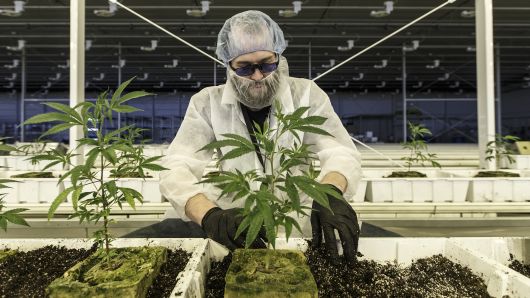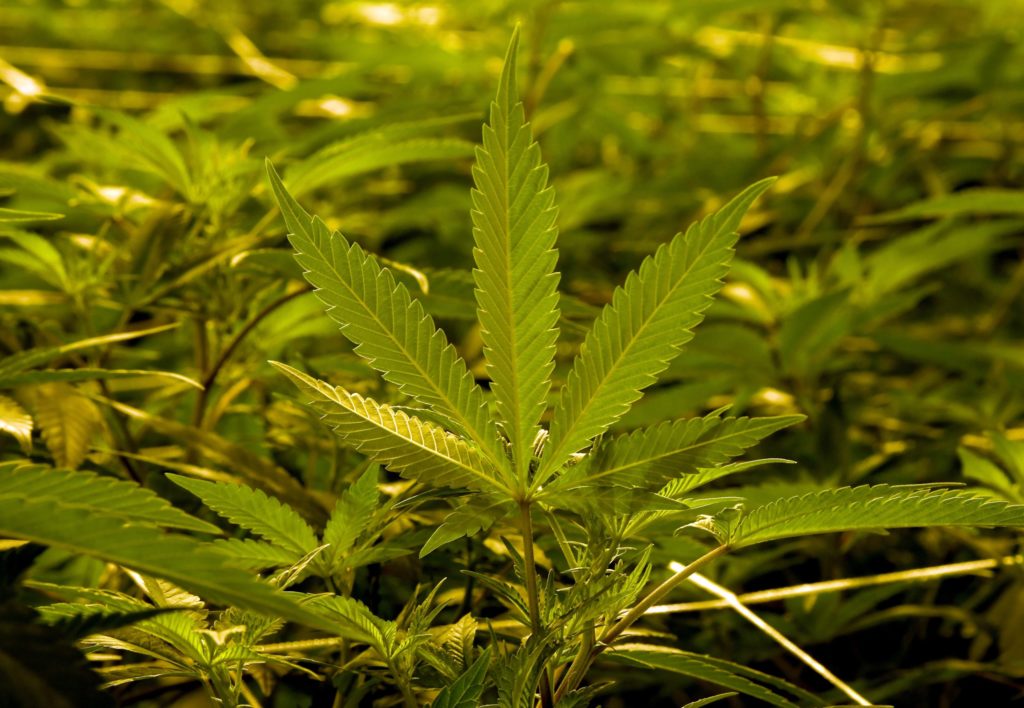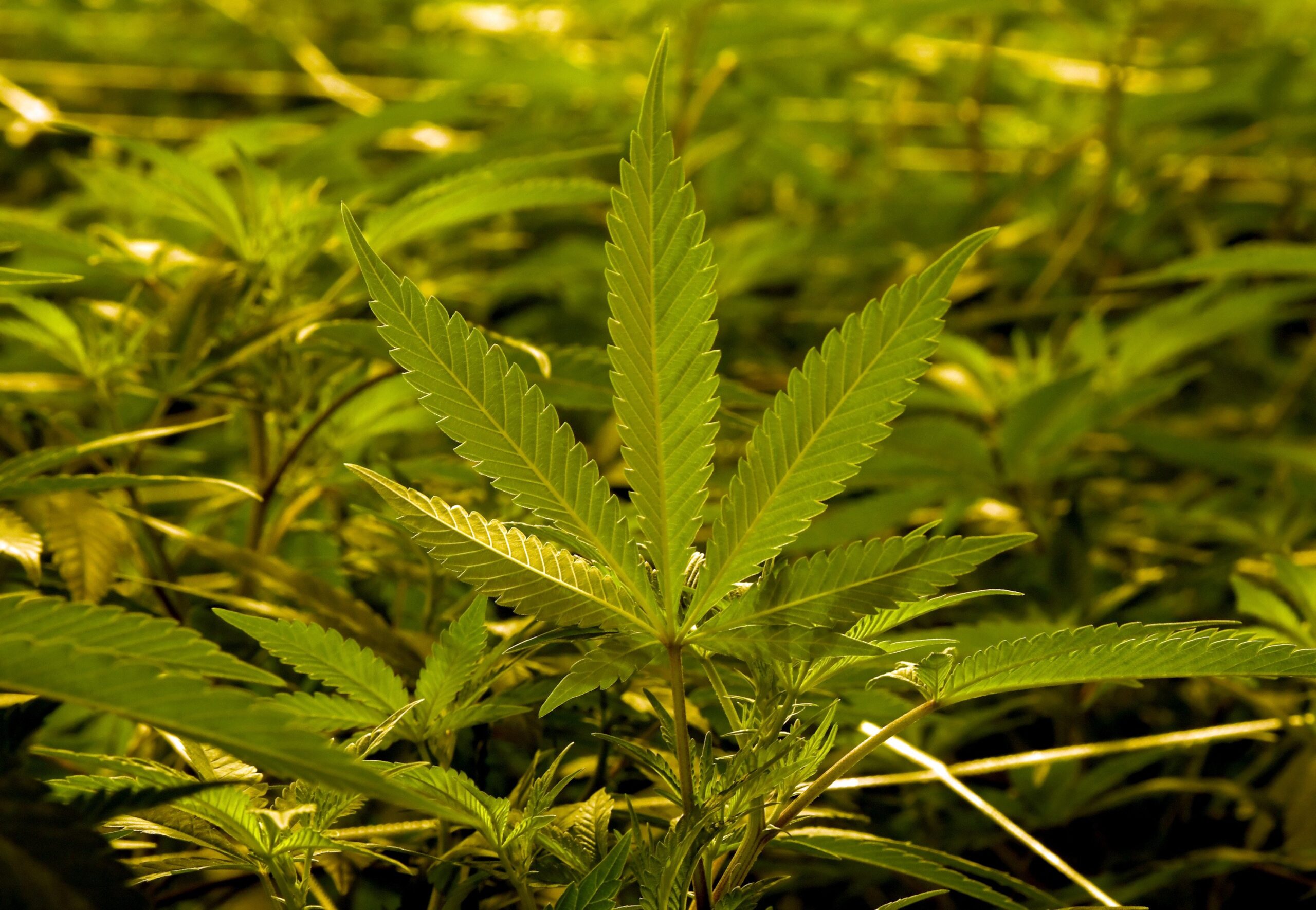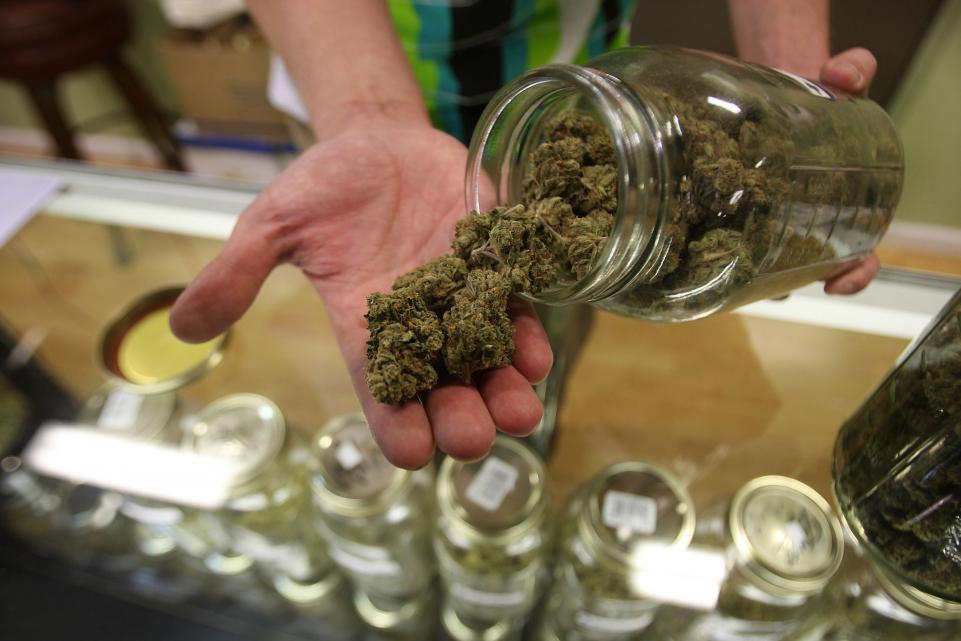Neil deGrasse Tyson has become the new face of science across the United States, taking up the mantle from the late astrophysicist Carl Sagan.
He appears frequently on television to talk about science, as Sagan did. He hosted an updated version of the television series, “Cosmos,” originally hosted by Sagan.
And now he’s also followed Sagan on another issue. He believes marijuana should be legal. More than that, he believes it never should have been illegal in the first place.
“I think if you really analyze it, relative to other things that are legal, there’s no reason for it to ever have been made illegal in the system of laws,” Tyson said in an interview widely circulated on the Internet in August.
He added, “I mean, alcohol is legal, and it can mess you up way more than smoking a few Js.”
Sagan’s View
In the interview, Tyson made it clear he hasn’t been around people who use marijuana in some time, joking about the archaic phrase “smoking a few Js.” In that respect, he differs from Sagan.
Sagan used marijuana for most of his life. He also wrote about marijuana anonymously for a 1969 book, “Marihuana Reconsidered.”Writing under the name Mr. X, Sagan argued that cannabis improved the experience of eating, music and even sex.
Sagan also wrote that marijuana gave him “a feeling of communion with my surroundings, both animate and inanimate.”
Reading the entire essay is like taking a trip into Sagan’s thinking about art and society in that era. There also are some admittedly trippy moments, like seeing a Volkswagen in the shadows on the ceiling cast by a house plant.
He also writes that while taking a shower with his wife under the influence of marijuana, he had sudden insights into the “origins and invalidities of racism in terms of Gaussian distribution curves.”
Marijuana Illegality
Marijuana became a Schedule 1 illegal drug in the early 1970s under the administration of President Richard Nixon. Then Attorney General John Mitchell made a schedule of illegal drugs and put marijuana in the most dangerous category.
Congress approved it and it’s been there ever since. The Drug Enforcement Agency, created by Nixon in 1973, spearheads enforcement of federal laws on marijuana and other drugs.
The American Medical Association initially opposed making marijuana illegal. In 1944, a commission created by the New York Academy of Medicine questioned the reasoning behind making marijuana illegal. They concluded that marijuana is not a gateway drug, does not lead to crime and is not physically addictive.
The very commission Nixon formed, the Schafer Commission, recommended that marijuana be taken off the illegal drugs schedule and regulated more from a public health perspective. They compared marijuana to how the government approaches regulation of alcohol.
Transcripts of the White House tapes made by Nixon show he wanted laws against marijuana before the commission report was even delivered.
The War on Drugs
Others have pointed to racism behind the movement to make marijuana illegal. Historian Martin Lee told Scientific American that newspapers in white areas of the deeply segregated nation promoted ideas such as “this stuff makes white women and black men have sex.”
And in a controversial interview published in Harper’s magazine last year, Nixon’s Chief of Staff John Ehrlichman admitted that the War on Drugs started by Nixon originated with the Republican president’s need to deal with “two enemies”: anti-war protestors and black people.
“We knew we couldn’t make it illegal to be either against the war or black, but by getting the public to associate the hippies with marijuana and blacks with heroin, and then criminalizing both heavily, we could disrupt those communities,” he told author Dan Baum.
”We could arrest their leaders, raid their homes, break up their meetings, and vilify them night after night on the evening news. Did we know we were lying about the drugs? Of course we did.”
credit:420intel.com













